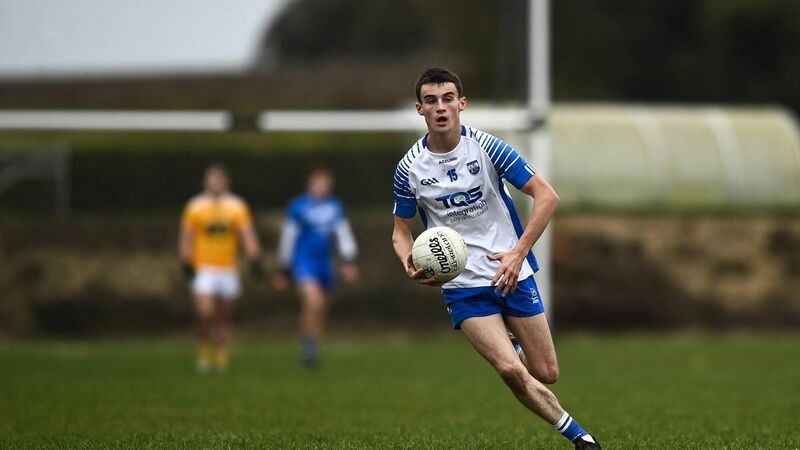Paul Rouse: How can Gaelic football's lower tiers develop if they don’t feel valued?

Stephen Curry in action for Waterford in Division 4 of the National Football League. Picture: David Fitzgerald/Sportsfile
Try from €1.50 / week
SUBSCRIBE
Stephen Curry in action for Waterford in Division 4 of the National Football League. Picture: David Fitzgerald/Sportsfile
“In all departments of life, including your job, if only the best counts, and effort doesn’t count, then life is shit.”
– Jurgen Klopp, Liverpool manager.
Already a subscriber? Sign in
You have reached your article limit.
Annual €130 €80
Best value
Monthly €12€6 / month
Introductory offers for new customers. Annual billed once for first year. Renews at €130. Monthly initial discount (first 3 months) billed monthly, then €12 a month. Ts&Cs apply.
Newsletter
Latest news from the world of sport, along with the best in opinion from our outstanding team of sports writers. and reporters
Newsletter
Latest news from the world of sport, along with the best in opinion from our outstanding team of sports writers. and reporters
Monday, February 9, 2026 - 3:00 PM
Monday, February 9, 2026 - 3:00 PM
Monday, February 9, 2026 - 11:00 AM
© Examiner Echo Group Limited